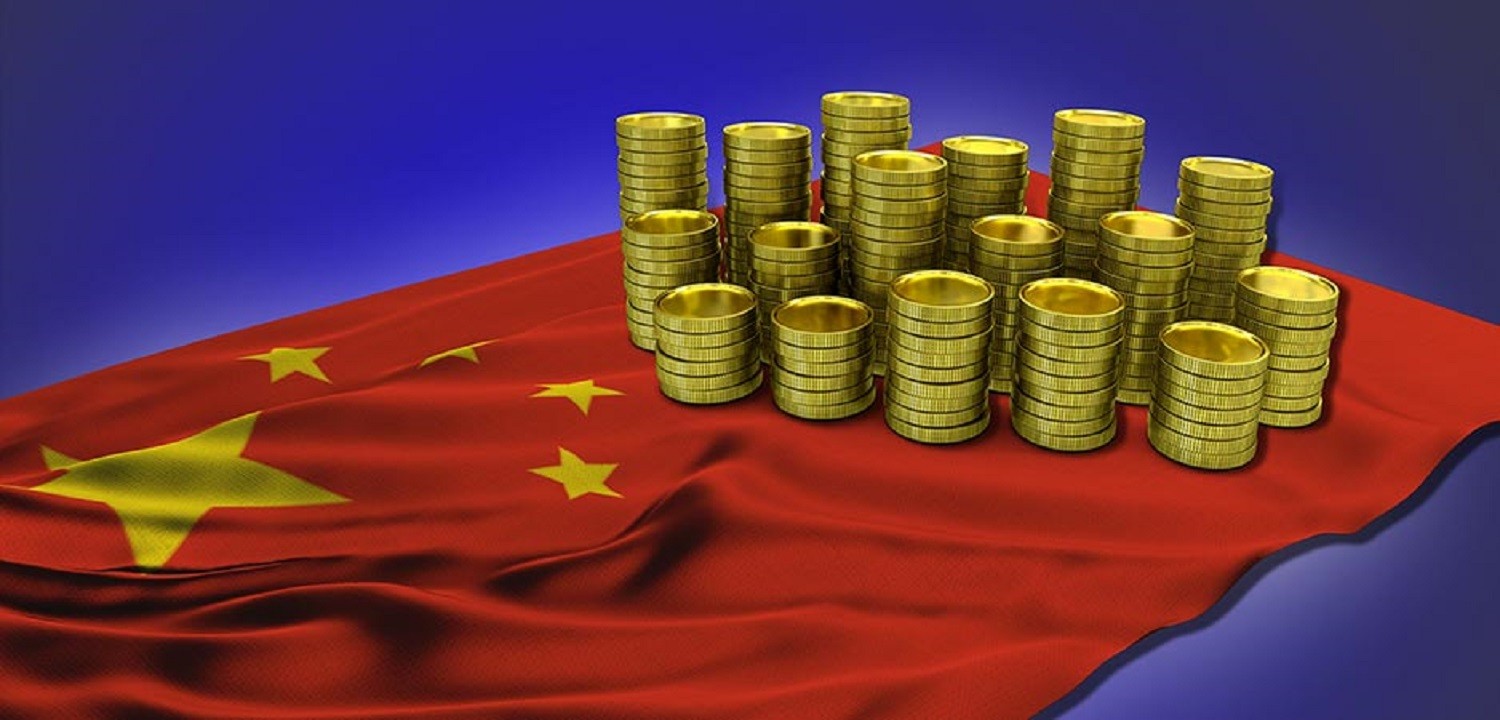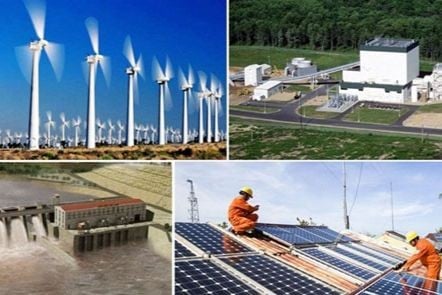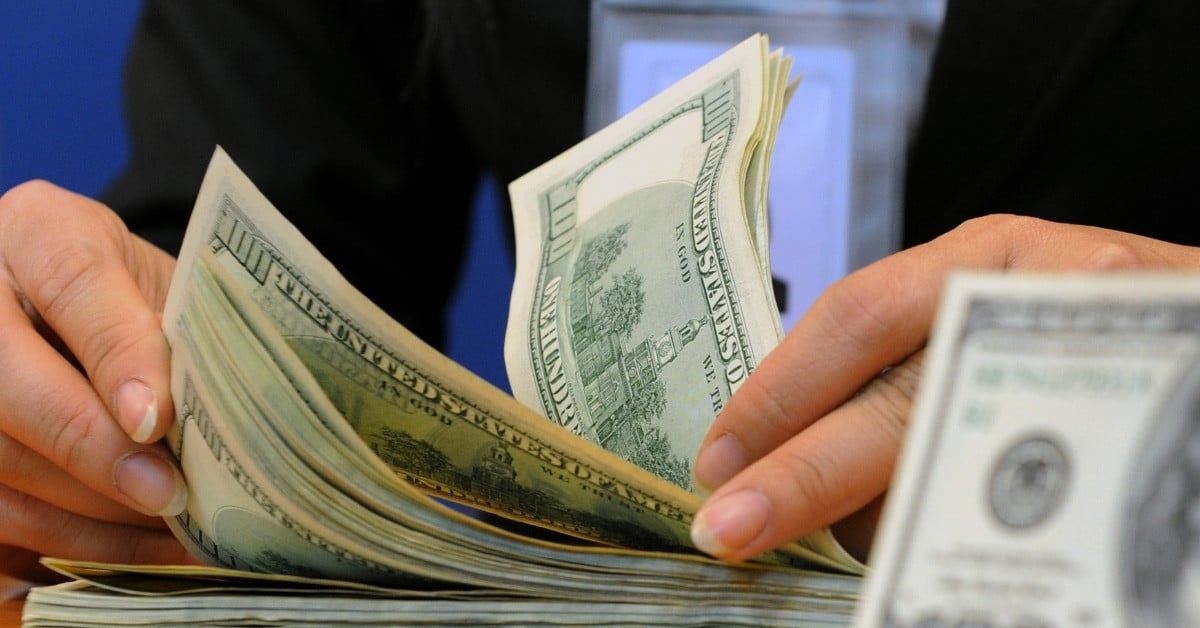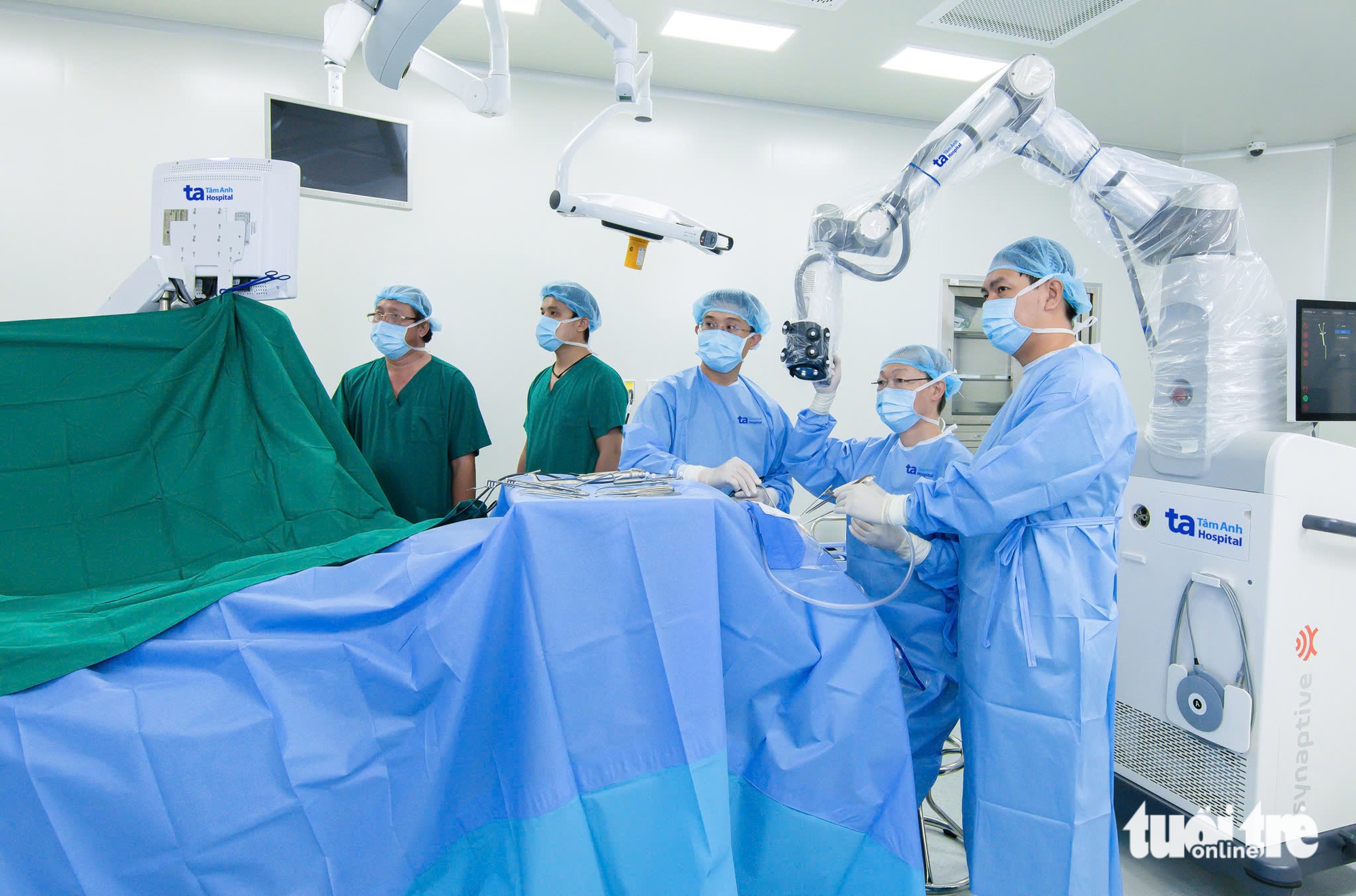 |
| China's economy is undergoing a major transformation and is looking for new growth drivers. (Source: DD News) |
The rise is at risk of reversing.
The Financial Times quoted Mr. Ruchir Sharma, Chairman of Rockefeller International, as saying that the decades-long remarkable growth of the Chinese economy has finally come to an end.
In nominal US dollars – which Mr. Ruchir Sharma says is the most accurate measure of an economy’s relative strength – Beijing’s share of global gross domestic product (GDP) will start to decline from 2022 due to Covid-19 prevention and control measures.
Despite expectations of a strong economic recovery, China's share of global GDP will continue to decline further in 2023 to 17%, according to Mr. Ruchir Sharma.
That has left China facing a 1.4 percentage point decline over the past two years, the president of Rockefeller International said, a decline not seen since the 1960s and 1970s, when the country's economy was struggling.
After the first decade of reform and opening up, by 1990, China's GDP share in the global economy was still less than 2%. However, by maintaining double-digit growth for many years, this share has increased nearly 10 times, reaching 18.4% in 2021.
"This is an unprecedented growth rate for any country in the world. And that has made this country of one billion people the second largest economic power in the world after the US," said Mr. Ruchir Sharma.
Experts have pointed out many reasons why China’s economic rise is at risk of reversing. Previously, the country’s explosive growth was due to unusually large capital investment in infrastructure and other fixed assets. On average, from 2008 to 2021, this investment capital accounted for about 44% of GDP, while in the same period, the rate was 25% in the world and only about 20% in the US.
Or China’s low birthrate has reduced the world’s working-age population from a peak of 24% to 19%, and is expected to fall to 10% in the next 35 years. With the world’s working population shrinking, lower growth rates for both China’s economy and the global economy are almost certain.
Difficult to surpass America?
Previously, the Center for Economics and Business Research (CEBR) predicted that China would surpass the US to become the world's largest economy by 2028. However, in a recent updated report, the organization has pushed the date back by 2 years, to 2030.
Meanwhile, the Japan Center for Economic Research believes that Beijing's economy will not surpass Washington's until 2033.
Some other organizations are even skeptical about China's ability to become the largest economy.
According to Capital Economics, China's GDP growth will slow from 5% in 2019 to 3% and will fall to around 2% in 2030. At this rate of decline, China may not achieve its 2020 target of doubling the size of its economy by 2035.
“That could mean China will never overtake the US as the world's largest economy,” Capital Economics predicts.
Commenting on the Chinese economy, Professor Adam Tooze at Columbia University said: “The slowing growth of the Chinese economy could reshape the world order. The void left by China will be filled by the US and other emerging countries such as India, Indonesia, Mexico, Brazil…”.
| "China is shifting from manufacturing and real estate - traditional growth engines - towards a newer economic model driven by consumption and services. And the world's second-largest economy will grow around 5% this year," said Pan Gongsheng, governor of the People's Bank of China (PBOC). |
The economy remains resilient
On the Chinese side, Governor of the People's Bank of China (PBOC) Pan Gongsheng said that the world's second largest economy is undergoing a major transformation and is looking for new growth drivers.
The country is shifting away from manufacturing and real estate – traditional growth engines – towards a newer economic model driven by consumption and services, he said, and “the world’s second-largest economy will grow around 5% this year.”
Mr. Pan Gongsheng noticed that consumption and industrial production grew well in October.
But the real estate sector is still struggling with sluggish sales and falling home prices. The sector has boomed for three decades thanks to population growth and rapid urbanization. In total, real estate accounts for 30% of China's GDP.
The real estate market in the world's second-largest economy has been in crisis since 2020. "The real estate market is undergoing some adjustments. In the long run, such adjustments will benefit the country's economic model transformation. The housing market is in the midst of a major transformation," the PBOC governor said.
Against this backdrop, Governor Pan Gongsheng pledged to maintain accommodative monetary policy to support the economy, despite “rock bottom” inflation. He said consumer prices in the country of a billion people are expected to rise in the coming months.
In particular, in November, the exchange rate of the RMB against the USD tended to recover strongly. This is expected to have a positive impact on the Chinese economy and restore market confidence.
International media also reported that global companies and banks are mobilizing record amounts of RMB, which has pushed the RMB to surpass the Euro, quickly becoming the world's second largest trade financing currency.
In addition, the proportion of Chinese currency in foreign exchange transactions has also been increasing. According to a 2022 survey by the Bank for International Settlements (BIS), the proportion of foreign exchange transactions in RMB in the global market has increased from 4.3% to 7% in the past 3 years.
Mr. Thinh Tung Thanh, former Director of the Bureau of Survey and Statistics of the PBOC, commented that the recovery of the RMB exchange rate is a sign that the Chinese economy has hit bottom and is starting to recover.
With the above positive signals, the PBOC Governor affirmed: “Looking forward, the Chinese economy will remain resilient. I am confident that China will achieve healthy and sustainable growth in 2024 and beyond.”
Source










![[Photo] Prime Minister Pham Minh Chinh chairs Government Conference with localities on economic growth](https://vstatic.vietnam.vn/vietnam/resource/IMAGE/2025/2/21/f34583484f2643a2a2b72168a0d64baa)

































Comment (0)